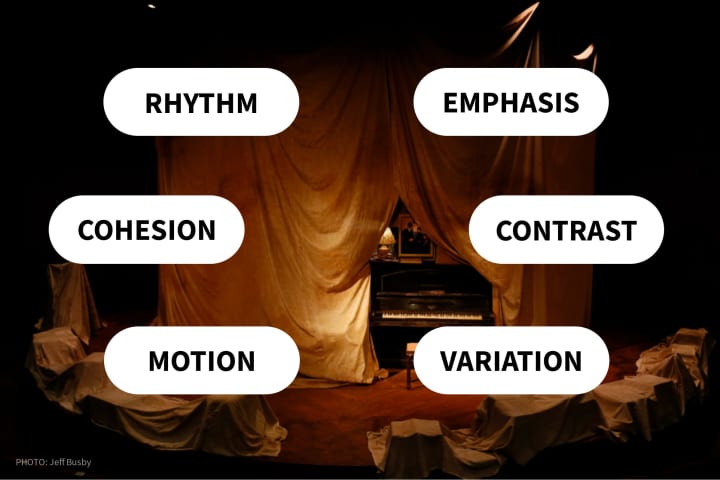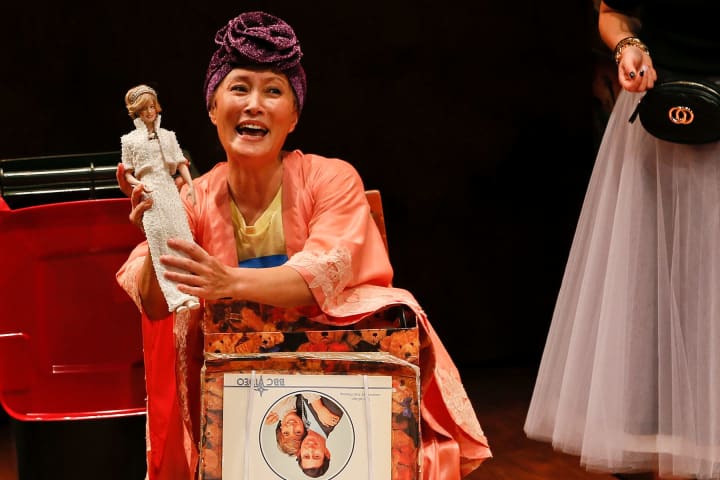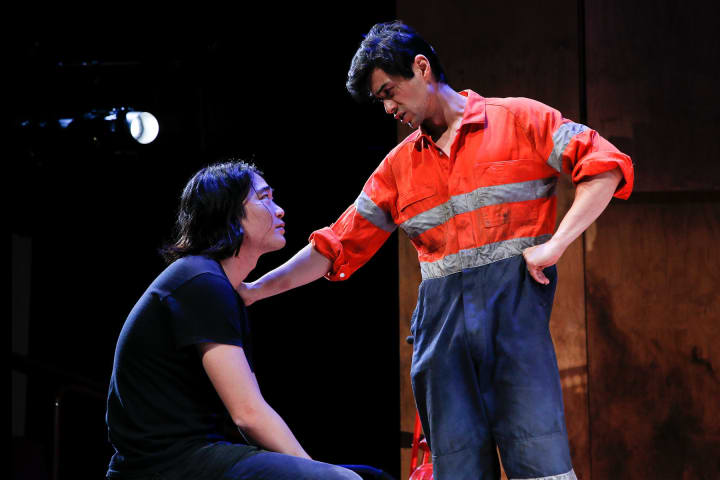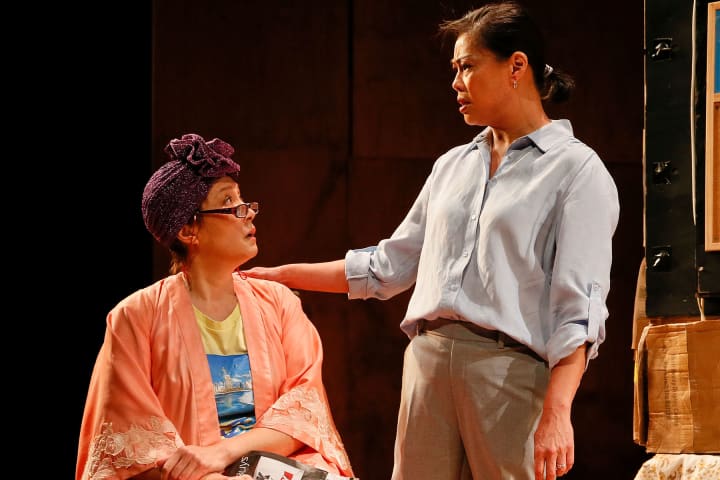On a stage ‘plagued with stuff’, Charles Wu is excited to find the truest and most theatrically satisfying version of every moment he spends playing Toby, the only son and youngest of the Torch the Place family.
What would you say motivates your character?
What Toby wants by the play’s end is a clean house, and for Mum to be happy with it. He is of course motivated by love for his mother and the momentum generated by his siblings and Paul. They all agree Mum has a hoarding problem but disagree on its cause and appropriate solution.
Toby believes that capitalism – a system that survives on and perpetuates endless economic growth – is the reason for Mum’s obsessive hoarding. He believes people living under capitalism are incentivised to earn more in order to buy more, which means they’re always plagued with a surfeit of material goods and yet are never satisfied, hence the state of Mum’s house.
Toby goes along with his siblings’ plan, but is unconvinced it will truly solve Mum’s hoarding disorder without the dismantling of capitalism: an outcome as unrealistic as it is futile.
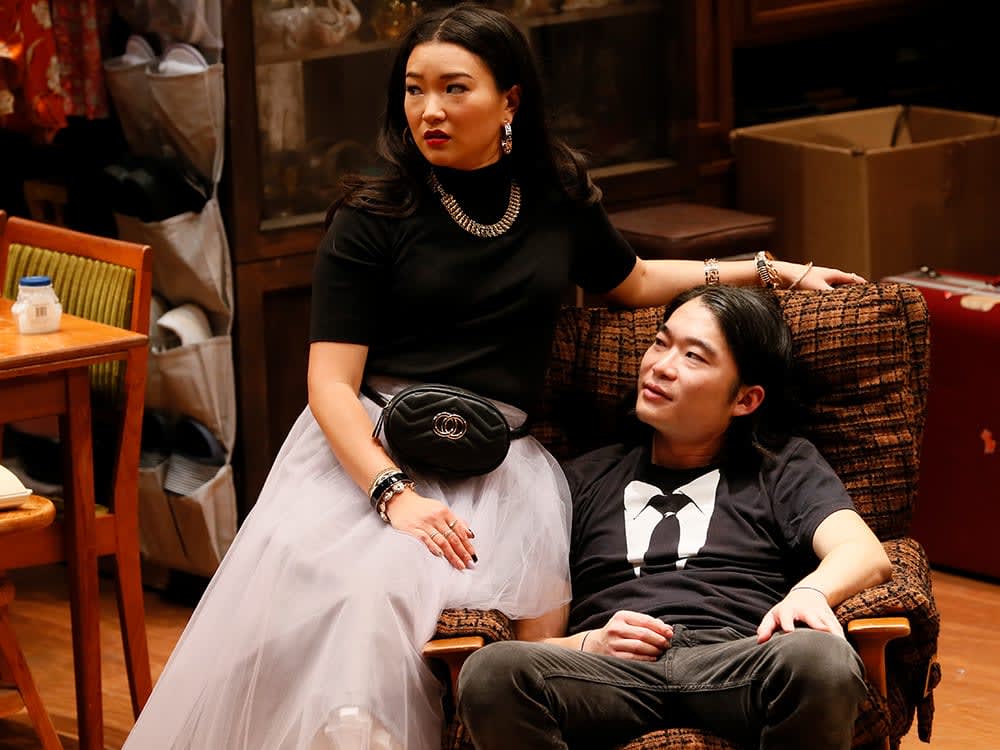
Charles Wu with Michelle Lim Davidson. Photo: Jeff Busby
How do you embody your character?
Toby is described as ‘sickly’ and constantly sneezes, scratches and snatches at breath throughout the play. He has a lot of trouble with physical exertion and emotional duress. Teresa and Natalie take great joy out of mocking Toby’s gloominess – his glum voice is an especially constant trigger. He wears his influences on his sleeves; t-shirts with political slogans are de rigueur.
In your opinion, what is this play about, and why is it being told now?
This play reminds us that it is important to listen to your parents, and that problems need time, space and understanding to solve. The former is a timeless reminder, and the latter is especially prescient with two of the bigger challenges we face today arguably being climate change and socio-political partisanship.
‘The characters learn there is no quick fix to trauma, and the path to healing needs to be considered, measured, and with everybody on board. It all starts with listening.’
In true familial fashion, the characters in the play bicker, fight, argue, commiserate, celebrate and ultimately come to an understanding with one another. The siblings learn the cause of Mum’s hoarding problem and she in turns acknowledges the need to start letting go of things. The characters learn there is no quick fix to trauma, and the path to healing needs to be considered, measured, and with everybody on board. It all starts with listening.
What’s the most exciting challenge for you in Torch the Place and why?
Our stage is, as Toby points out, ‘plagued with stuff’. Everywhere you look there is furniture both used and unused, and an overwhelming clutter of toys, clothing and bric-a-brac. Real estate is at a premium and the thrust stage combined with towering blocks of set means sight lines have to be a constant consideration. I am excited by the constant challenge of navigating and mining gold from an unorthodox and potentially tricky set, and finding the truest and most theatrically satisfying version of every moment.
See the full video to what the rest of Torch the Place team could never give away.
Torch the Place is on at Arts Centre Melbourne, Fairfax Studio.
Published on 24 February 2020

